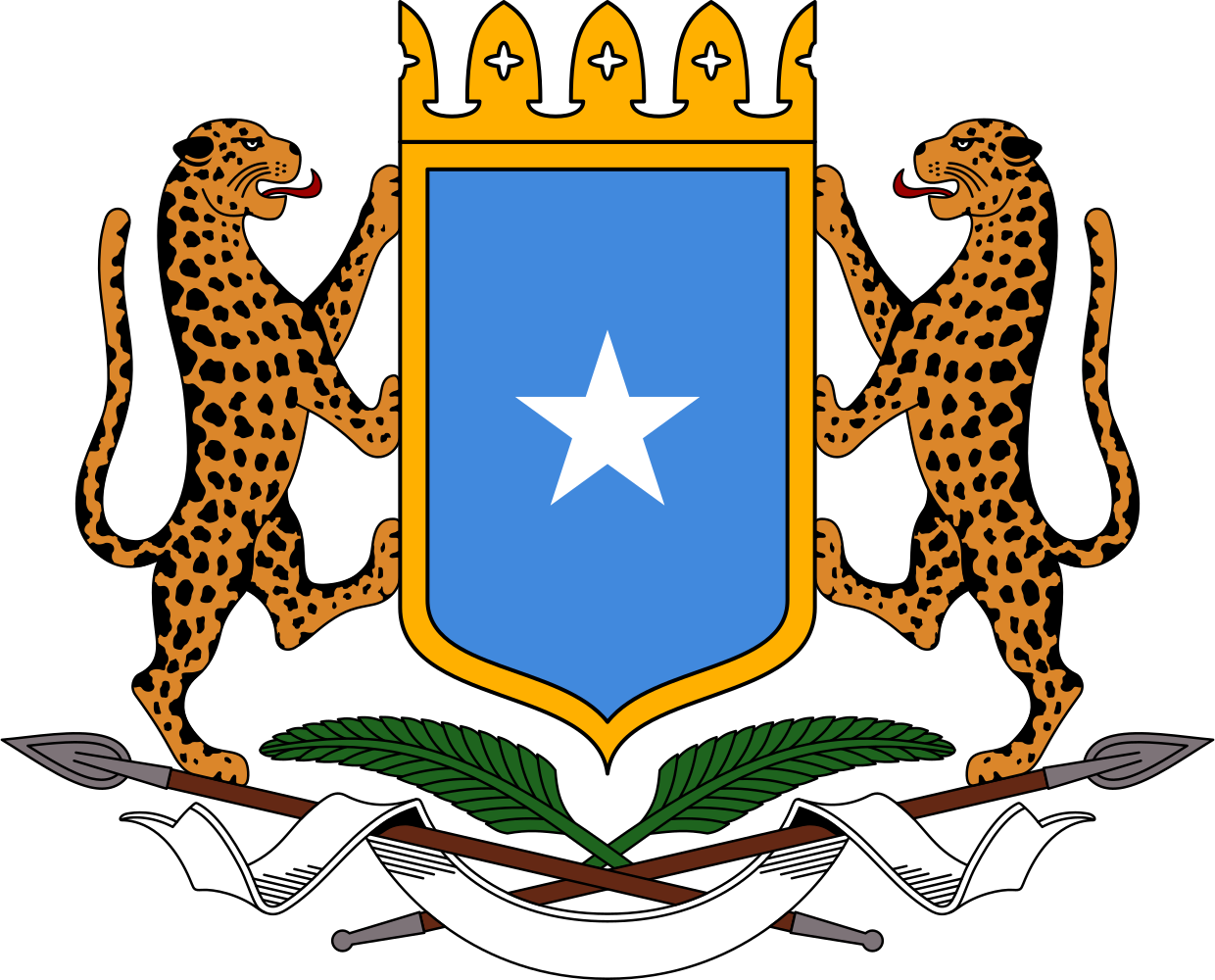inthesomeday
Immortan
- Joined
- Dec 12, 2015
- Messages
- 2,798
Il Mondo
Global News
War in Africa!
Spoiler :
The War in Africa continues as the Battle of Mozambique rages on between the navies of Zululand and the coalition of Australasians and Madagascans. Casualties multiply on the front as the war becomes the deadliest in the last century. On both sides, war weariness grows, but the Zulu economic complex is starting to break down-- at no small expense to the Allies, of course, but nonetheless at a fast enough rate that they seem to be closer to defeat than their opponents.
In Italy the war has seen an increase in nationalism-- the United Dioceses, so far from the war, still hear of its horrors through the new film reels, photographs, and first person accounts published in journals around the world. The safety afforded by the government, and the economic prosperity of the country, inspire feelings of power, comfort, and strength across the country.
In Italy the war has seen an increase in nationalism-- the United Dioceses, so far from the war, still hear of its horrors through the new film reels, photographs, and first person accounts published in journals around the world. The safety afforded by the government, and the economic prosperity of the country, inspire feelings of power, comfort, and strength across the country.
Faith Debates Rage On
Spoiler :
In Brazil and the Levantine Republic, major developments in the so-dubbed "Faith Debates" have continued to erupt. Loyalists in Brazil that continue to pay respect to the Roman Pope have drawn the passive ire of both the Brazilian Schismatics and some elements of the government. Nonetheless the UDI and the Empire of Brazil remain close allies, and there are rumors of conversation between the two nations regarding the schism.
In Catalonia, meanwhile, the Faith debates continue to develop in political and academic arenas, though the general populace has seen an increase in religiosity as the Church rises in prestige the world around. With professors and respected experts who support the country's liberal regime finding themselves in heated discussion with pro-Catholic social organizations, political movements, and fellow academics, the philosophical side of establishmentarianism has seen a newfound prominence in the limelight.
In Catalonia, meanwhile, the Faith debates continue to develop in political and academic arenas, though the general populace has seen an increase in religiosity as the Church rises in prestige the world around. With professors and respected experts who support the country's liberal regime finding themselves in heated discussion with pro-Catholic social organizations, political movements, and fellow academics, the philosophical side of establishmentarianism has seen a newfound prominence in the limelight.
Refugee Crisis
Spoiler :
The African continent, wrought with war in the south, is experiencing a mass migration crisis as refugees from the war, ethnic tensions in Madagascar, and chaotic badlands in between states, have started to flood the peaceful north. This population movement has caused major social unrest and change in the urban and rural centers of the Amaros Republic and Somali Confederation, two of the primary destinations of the rush.
This may soon change, however; bolstered by a simultaneously pluralist and nationalist sentiment in Italy strengthened by increasing integration of Muslim and Italian communities, the Pope recently released a statement welcoming refugees to the Corsican and Sardinian islands in special refugee zones that will be funded and organized by governmental relief missions. His Holiness is quoted:
This may soon change, however; bolstered by a simultaneously pluralist and nationalist sentiment in Italy strengthened by increasing integration of Muslim and Italian communities, the Pope recently released a statement welcoming refugees to the Corsican and Sardinian islands in special refugee zones that will be funded and organized by governmental relief missions. His Holiness is quoted:
Any truly pious civilization must accept the responsibility of the sick, the poor, the displaced. In the wake of the African War thousands are homeless, workless, and stateless. Starting now, for immigrant refugees, there will be established communities built and fostered by the Church in Corsica and Sardinia. Refugees of any creed, any color, and any origin will always be welcome to the shores of the United Dioceses, for the state and the people of Italy are friends to all.
















